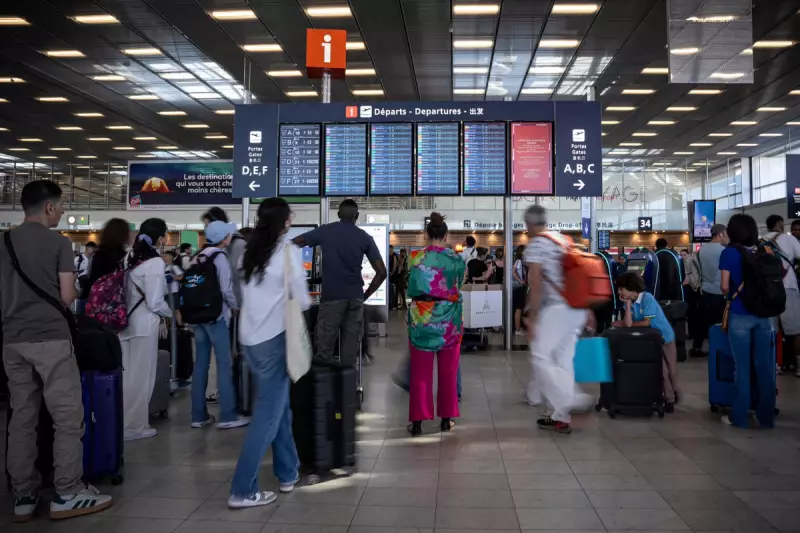
France is poised for a day of widespread disruption and protest as the country's main trade unions unite in a massive general strike on Thursday, 7th March. The coordinated action, dubbed 'Black Thursday' by some unions, targets President Emmanuel Macron's deeply unpopular plan to raise the retirement age from 62 to 64.
The strike is expected to bring large parts of the nation to a standstill, with severe impacts anticipated across the transport network, schools, and public services. Unions are predicting one of the largest days of industrial action in recent years.
Cross-Sector Disruption Expected
Travel chaos is forecast for millions of commuters and travellers. National rail operator SNCF has warned of "severe disruption" to both regional (TER) and high-speed (TGV) services, with only a skeleton timetable expected to operate. Similar warnings have been issued for the Paris Metro and bus services, where operators advise the public to work from home if possible or expect significant delays.
The education sector will also be heavily affected, with many teachers' unions joining the walkout. Widespread school closures are anticipated across the country, causing major childcare issues for working parents.
A Unified Front Against Reform
This strike is notable for the rare unity displayed across France's major union confederations, including the moderate CFDT and more hardline groups like the CGT. Their collective message is a firm rejection of the government's plan to make the French work longer before receiving a full pension.
Prime Minister Élisabeth Borne is spearheading the reform, arguing it is "financially essential" to ensure the viability of the pension system. The government has invoked a special constitutional power, Article 49.3, to force the bill through the National Assembly without a vote, a move that has further galvanised public anger and protest.
Nationwide Demonstrations Planned
Alongside the strikes, major demonstrations are scheduled in cities across France, including Paris, Marseille, Lyon, and Toulouse. The previous day of action on 31st January saw over 1.27 million people take to the streets according to official figures, with unions putting the number closer to 2.5 million. organisers are hoping for an even larger turnout on the 7th.
The protests represent a major political challenge for President Macron, who has staked significant political capital on passing the pension reform. The coming days will be a critical test of the government's resolve and the strength of opposition to its flagship policy.





